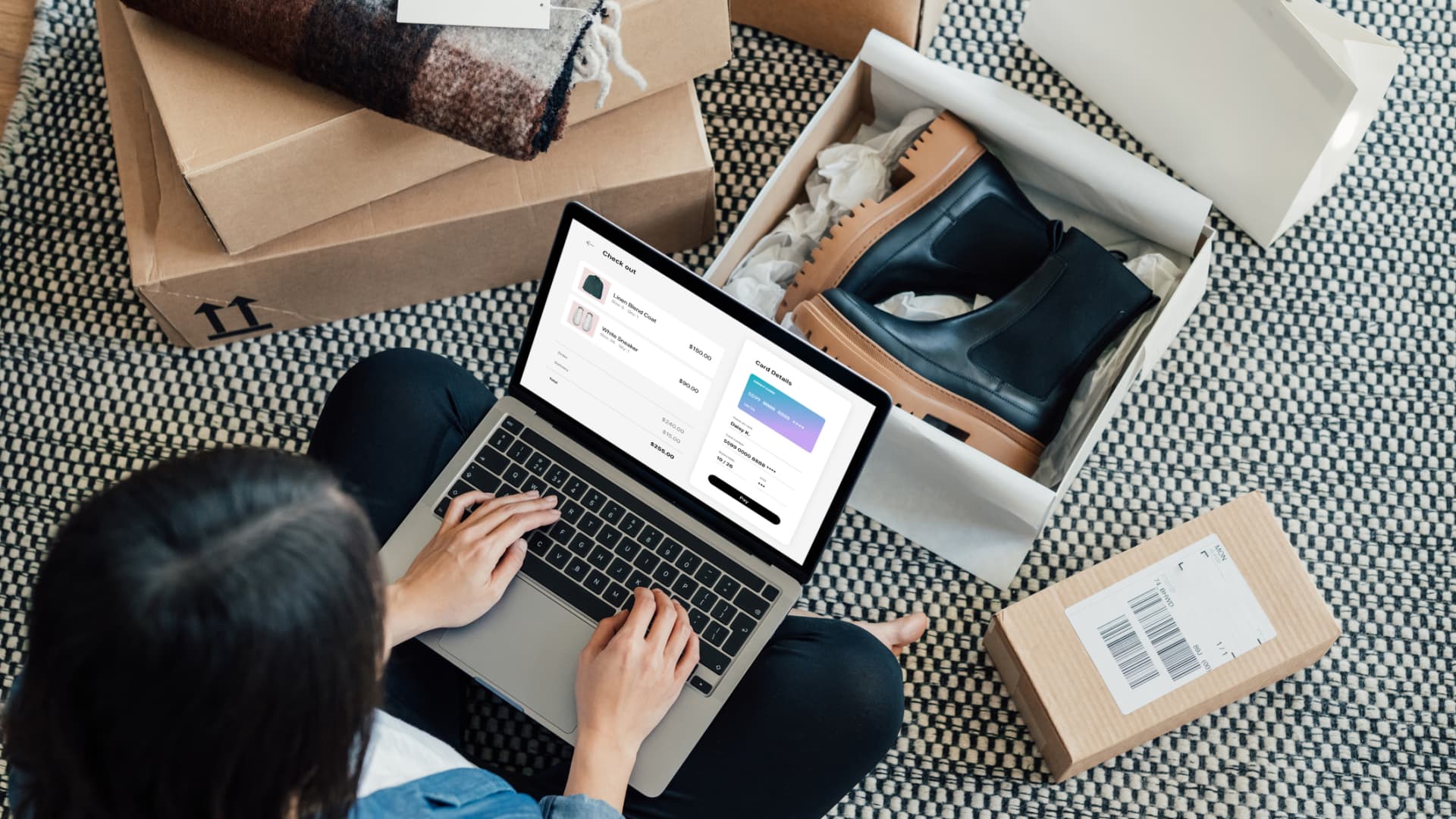The ‘good news is they will be regulated,’ Harvard fellow says of watchdog crackdown on ‘buy now, pay later’ lenders

The party may be over for “buy now, pay later.”
The Consumer Financial Protection Bureau said Thursday that these installment payments come with “several areas of risk of consumer harm,” including data harvesting, debt accumulation and “loan stacking” — or juggling multiple payment plans at once.
Buy now, pay later lenders — including companies such as Affirm, Afterpay, Klarna, PayPal and Zip — also “do not offer protections that are standard elsewhere,” according to the consumer watchdog’s report.
“Buy Now, Pay Later is a rapidly growing type of loan that serves as a close substitute for credit cards,” CFPB Director Rohit Chopra said in a statement. “We will be working to ensure that borrowers have similar protections, regardless of whether they use a credit card or a Buy Now, Pay Later loan.”
Marshall Lux, a fellow at the Mossavar-Rahmani Center for Business and Government at the Harvard Kennedy School, called the government’s findings “very encouraging.”
“It was certainly a call out to non-banks that it’s going to be tougher going forward,” Lux said. The “good news is they will be regulated,” he added.
More from Personal Finance:
Pay isn’t keeping up with inflation, survey finds
More Americans are tapping buy now, pay later services
These steps can help you tackle stressful credit card debt
Loans encourage users to ‘borrow more,’ CFPB found
Buy now, pay later is essentially an interest-free loan, which “gained traction with consumers who seek the flexibility of being able to pay for goods and services over time, but who may have been leery of other credit products,” the CFPB said.
However, as it has become more popular, users have become more prone to overspending and missed or late payments, the report also found. That behavior has hurt some borrowers’ credit history.
“Buy Now, Pay Later is engineered to encourage consumers to purchase more and borrow more,” the report said. “As a result, borrowers can easily end up taking out several loans within a short timeframe at multiple lenders or Buy Now, Pay Later debts may have effects on other debts.”
Buy now, pay later providers said access to the no-interest loans works in most people’s favor.
“The fact is that consumers are choosing Buy Now, Pay Later as a competitive alternative to high-interest credit products that trap them in cycles of debt,” said Penny Lee, the CEO of the Financial Technology Association. “We look forward to continuing working with regulators like the CFPB to advance positive consumer outcomes.”
In a statement, Affirm said it was “encouraged by the CFPB’s conclusions following their review.”
“Our top priority is empowering consumers by providing a safe, honest, and responsible way to pay over time with no late or hidden fees,” the company said.
“Low-cost, low-risk, no-interest products like BNPL should not fundamentally be regulated in the same fashion as high-cost credit products which rely on consumer fees and revolving debt,” a Klarna spokesperson added.
‘More damage is going to get done’
Lux said that while the government’s action is promising, the CFPB report is based on data from earlier in the year and “doesn’t reflect the damage that is happening in the last number of months” as “inflation has gone through the roof.”
Now, more consumers are tapping buy now, pay later services for “essential” purchases, such as groceries, as rising prices make it harder to cover everyday costs, other data show.
Further, the rapid growth of buy now, pay later is driven primarily by younger consumers, with two-thirds of buy now, pay later borrowers considered subprime, Lux noted, which makes them especially vulnerable.
It will also take time for the government to implement more oversight, he added. And in the meantime, “more damage is going to get done.”
In the “best-case scenario, the report causes something to change, but I think what is more likely is it’ll just simply take time for this to have an impact,” Lux said.




